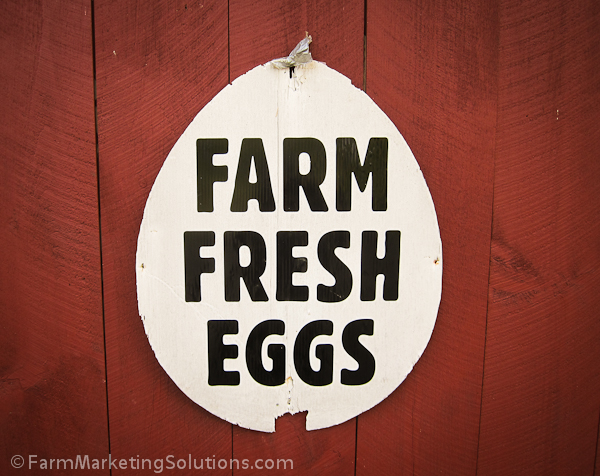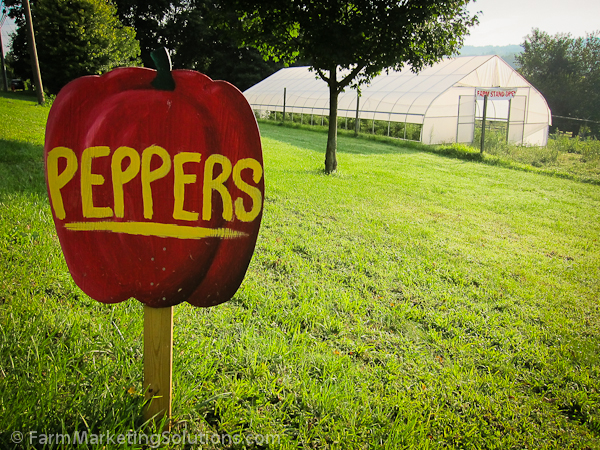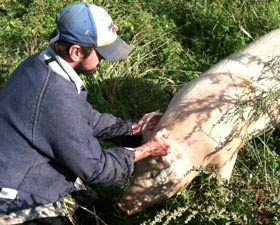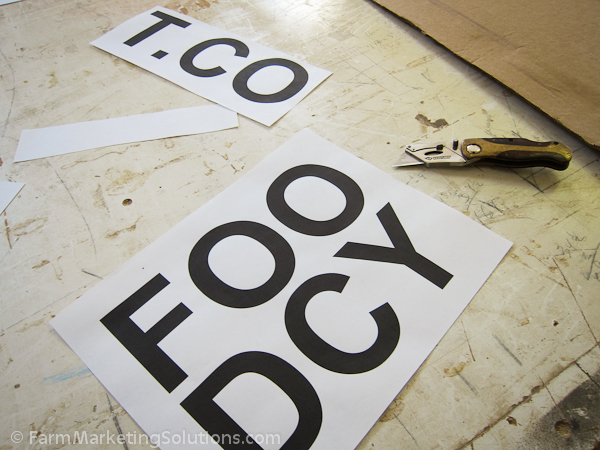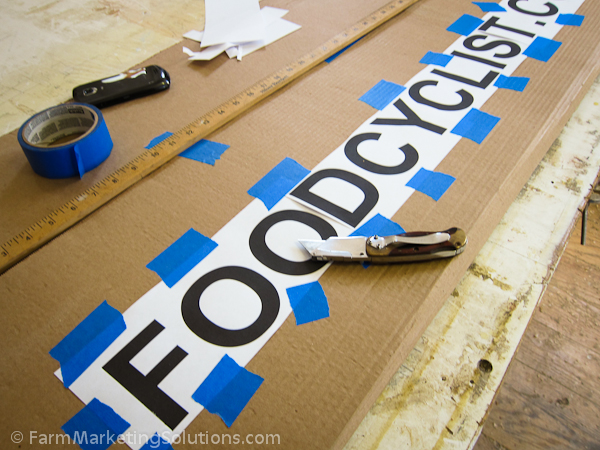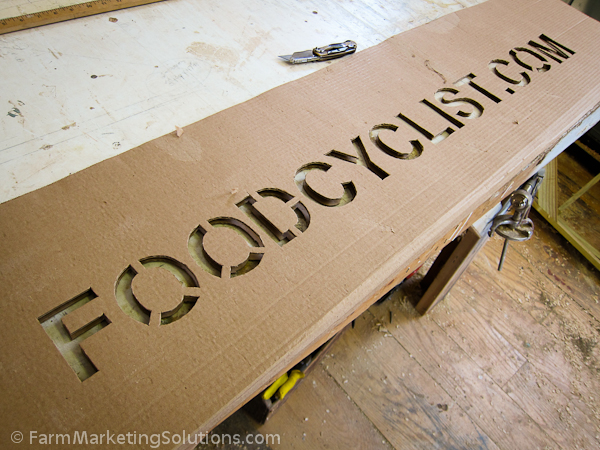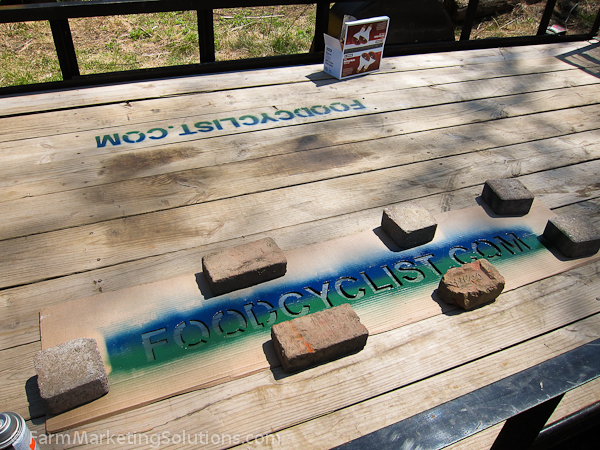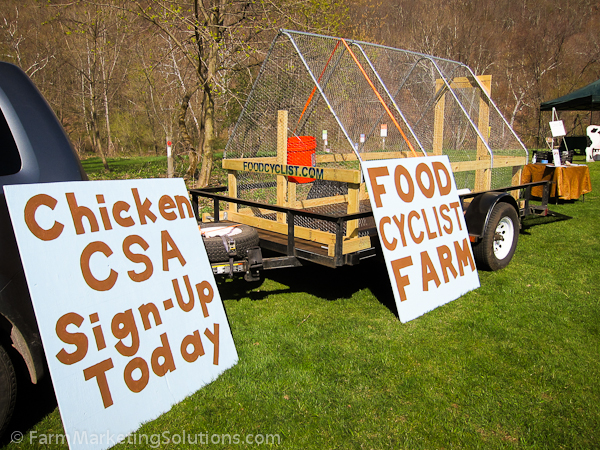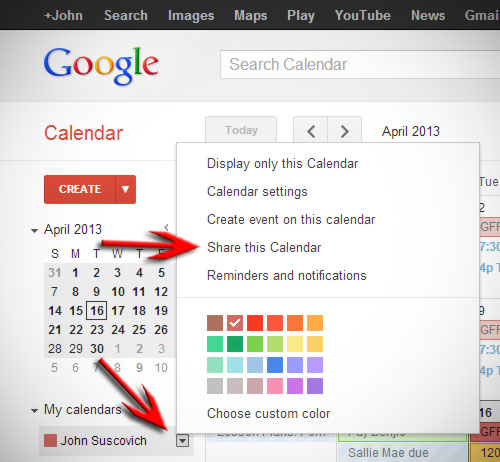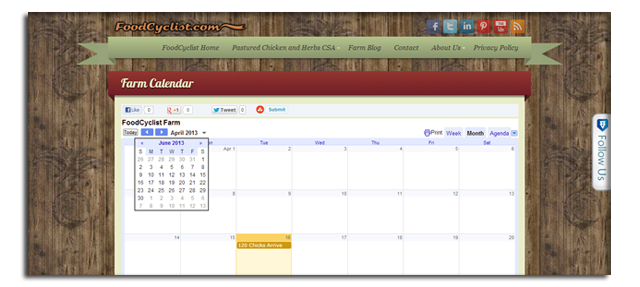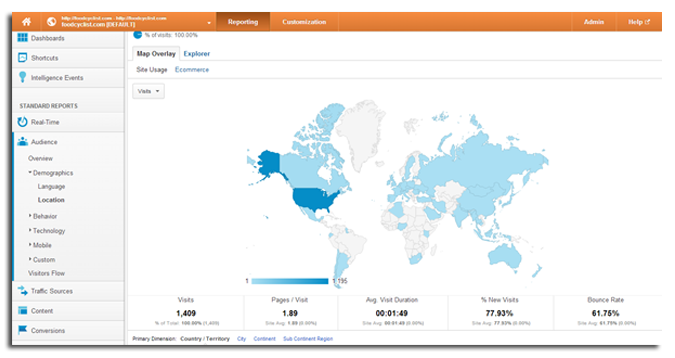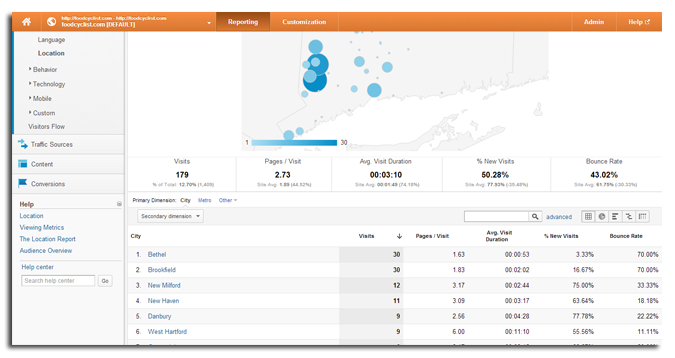GFP032: How to start a winery and farm with Ralph Gorman of White Silo Winery
/In order to keep on top of market trends, grow your business, and keep paying the bills you have to be willing and able to adapt to what the market is calling for. That doesn't mean if you are a poultry farmer you need to start raising vegetables, but perhaps you can do something different with your chickens than you are already doing. That is exactly what I am thinking as I look to the future.
The wonderful thing about me doing these interviews is that I personally learn so much when I am doing them. While I would consider myself an expert and I certainly have a lot to share, there is still always so much more to learn. The only time you have it wrong is when you think you know it all.
Businesses change all the time. You need to keep your mind open to see what changes are coming and how you can adapt your agricultural business to ensure that you can still afford to follow your passions for years to come.
Today's guest shares his story of how his business has evolved over the years to become more efficient and more profitable. Ralph is always looking to the future while learning from the past.
Right click here to download the MP3 to your desktop
In this farm podcast you will learn:
Information you cannot find anywhere else on starting a pick-your-own farm!
How a passion for gardening turned into a farm & winery
How value added products can benefit your farm business
The possibilities a commercial kitchen can open up for your farm to create more products
Just how labor intensive are grapes?
Interview with Ralph Gorman of White Silo Winery, Sherman, CT
(This is John) I met Ralph by chance by showing up at his door one day and introducing myself as the guy who was going to raise chickens locally that year. Well after introductions we became friends, both with a passion for what we do. Ralph is a wealth of knowledge as well as analytical thinking.
The great thing about Ralph is that he has tried a lot of things to make his farm business profitable. He'll always tell you he's working on it and that it's not perfect yet, even after over a decade in the business.
White Silo Farm is a small specialty winery. Their wine is produced and bottled on premises from farm grown fruit.
Experience the charm of an earlier era by touring the old barn where the winery is located. Visit the fermentation, bottling, and corking rooms where the classical art of wine making has been preserved. Walk the fields or relax in one of our outdoor gardens. Guests are welcome to bring lunches. If you prefer, they also make gourmet box lunches and cheese plates. Advance notice is required for box lunches
Twenty-six years ago their family purchased a portion the spectacular Upland Pastures dairy farm. Their intention was to continue the farming tradition and preserve the land for generations to come. They planted our first crop of raspberries, then blackberries and rhubarb. For the next fifteen years they operated as a pick your own berry farm. In 1990 we opened our winery. The 1800?s dairy barn was renovated and converted to our wine tasting room and production area. In 2010 we planted our first acre of grape vines. They expect to harvest our first small crop of grapes in the fall of 2012. (which they did just before the interview)
Items mentioned in this farm podcast include:
Take aways:
What value added products can you create from stuff you are already growing?
How can you stay ready to adapt to suit the needs of your market?
--
My skills are ever-evolving as an interviewer. Thanks for taking the time to listen in, and let me know what you think. You can leave a comment below, send me an e-mail, reach me on Facebook or Twitter, or leave a 5 star rating in iTunes if you liked the show.








